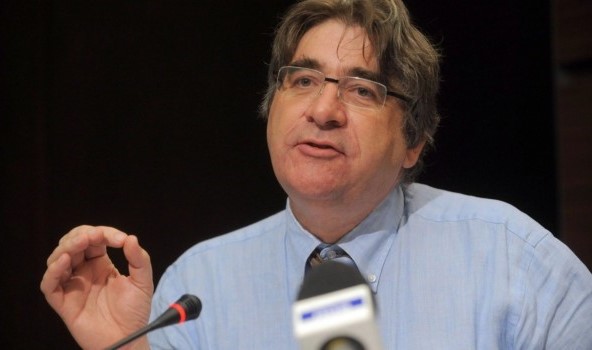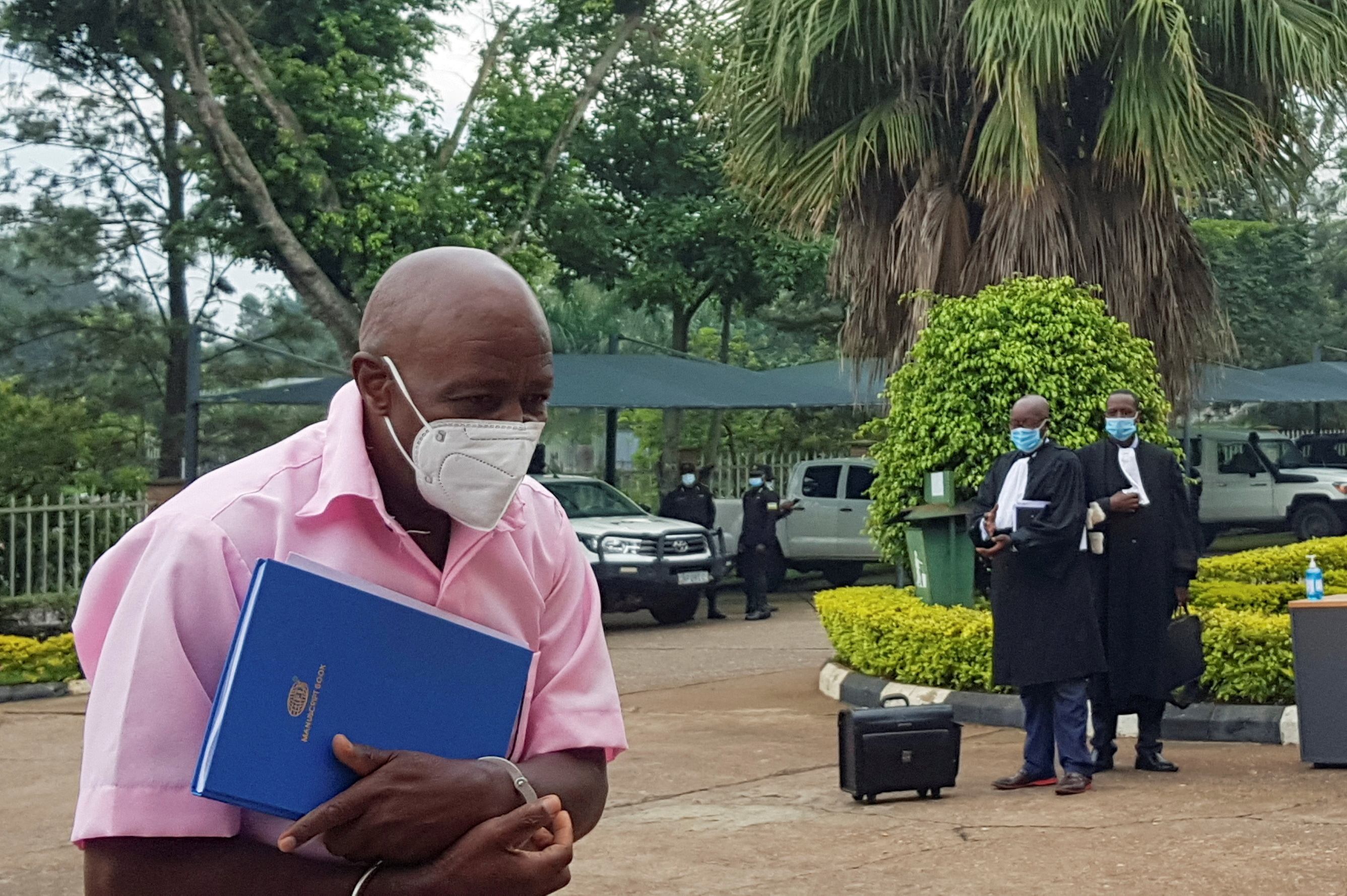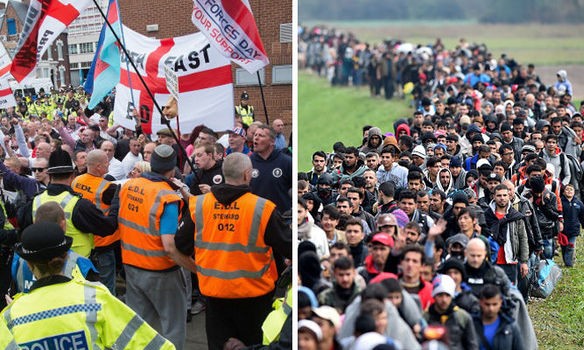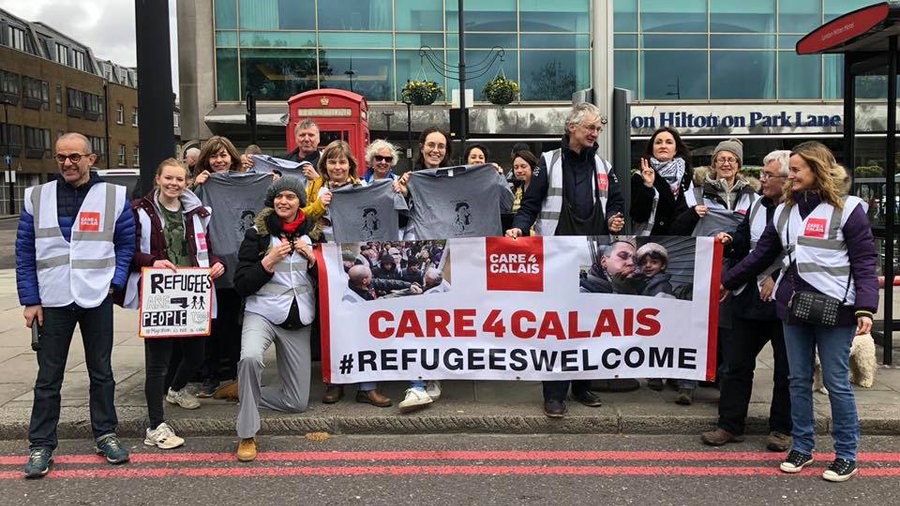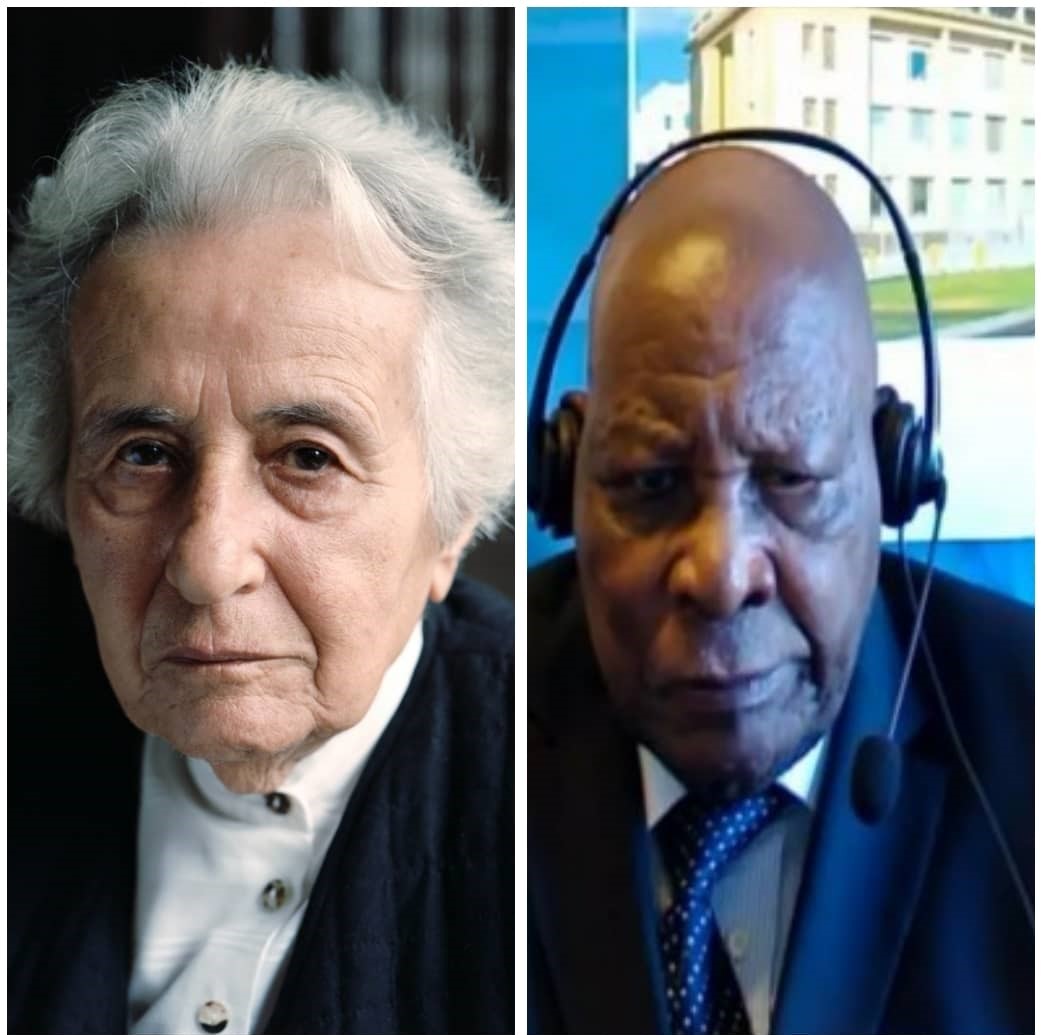International
How US emboldens DRC to be unresponsive to regional search for peace
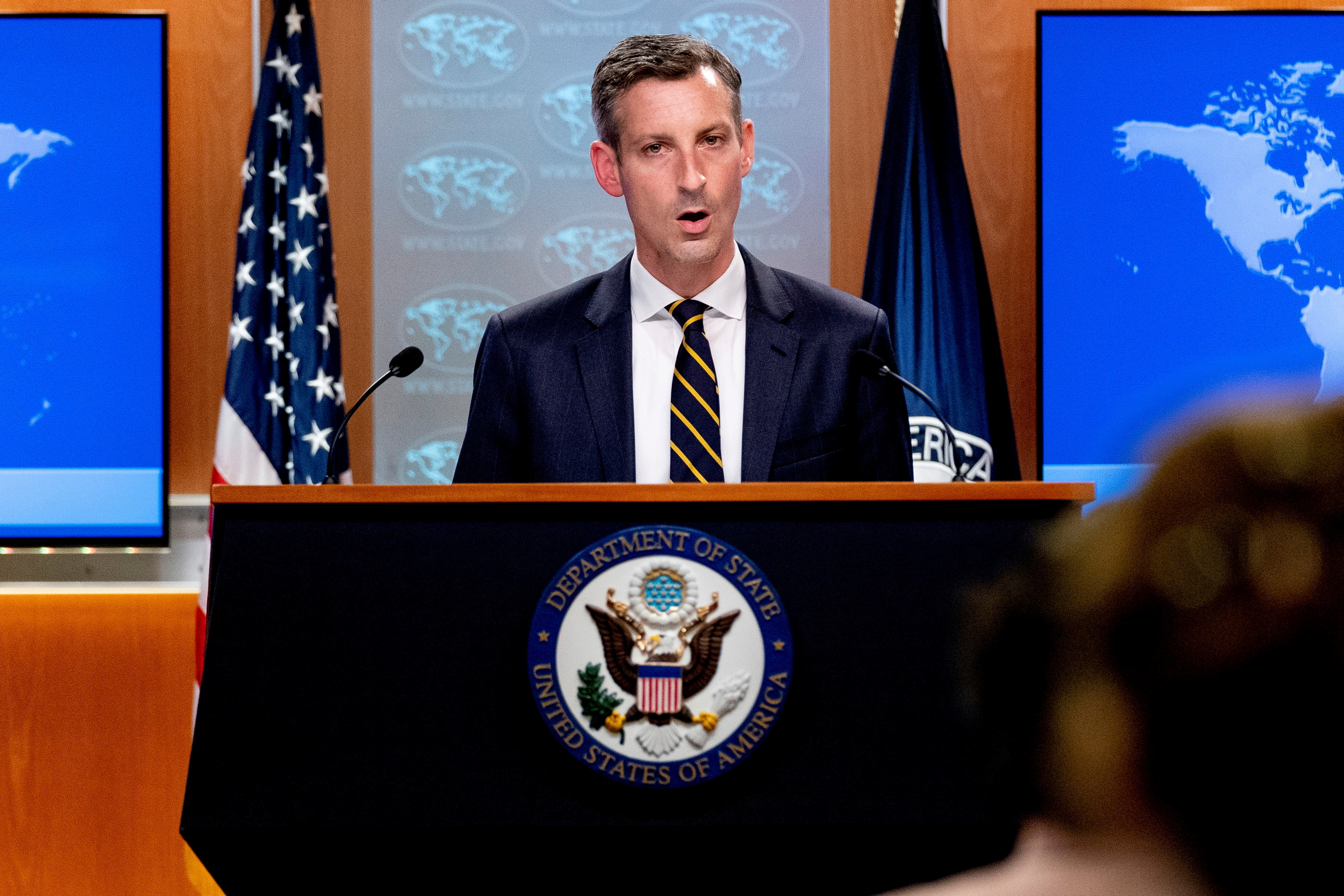
Ned
Price, the US State Department Spokesperson, on January 4, issued a statement
saying Washington welcomes the midterm report by the UN Group of Experts
released on December 30, and shares the concerns outlined in the report about
the sharp increase in violence and the deterioration in the security and
humanitarian situation in the east of the Democratic Republic of Congo.
“Recognizing
the leadership of the Heads of State of the East African Community and Angola,
we urge Great Lakes leaders and armed actors to expedite implementation of
multiple commitments to end the conflict, especially those agreed at the
November 23 Luanda Mini-Summit on Peace and Security,” reads the part of the
statement.
“We
expect the UN-sanctioned March 23 Movement (M23) to withdraw to the locations
specified in the November 23 Luanda communique, and we call for all armed
groups, including M23, to cease all hostilities, lay down their weapons, and
join the East African Community-led Nairobi Process consultations between the DRC
government and armed groups.”
The
US government statement says that noting the “report’s clear evidence” of
Rwandan support to M23 and “credible” reports of grave human rights abuses by
M23, “we reiterate our call for Rwanda to cease all support” to M23 and
withdraw its troops from eastern DRC.
This
statement serves as evidence of how unhelpful external interference in the
regional and continental processes by Washington shields Kinshasa from
accountability for its unresponsiveness to commitments made through ongoing
regional peace efforts and processes. Kinshasa will feel emboldened, and
empowered by this US statement.
Without
ever producing any persuasive or compelling evidence, Congolese and US
officials continously allege that Rwanda is supporting the M23 rebels.
The
quest for long-lasting peace in DRC cannot be achieved by spreading a false
narrative. False narratives, such as the ones spread by the State department
and other allies of the DRC government, only aggravates problems and puts
innocent lives at risk.
The
conflict between the M23 and the DRC Government is an internal matter. Kigali
has, repeatedly, explained that it should neither be a scapegoat nor equated to
M23.
Distortions
such as those spread by Kinshasa, and allies including the US, only mask the
real problem and accountability of those who should be answerable for
addressing the root causes and drivers of the conflict in DRC.
As
Kigali already pointed out, a lasting solution requires the responsibility to
be placed where it belongs. A dysfunctional government in Kinshasa is one
critical factor here.
It
is important to genuinely examine why the M23 rebels took up arms in the first
place. These rebels are not Rwandan. They are Congolese, and one of their
grievances is the continued harassment of Congolese Tutsi who are from the same
ethnic group that bore the brunt of 1994 Genocide against the Tutsi in Rwanda.
The renewed conflict is an internal crisis touching the persecution of
Kinyarwanda speaking Congolese. The M23 have national grievances linked to lack
of security, discrimination of their community and poor governance at large.
Consecutive
Congolese regimes have deliberately refused to recognize that the rebels are
legitimate Congolese citizens. Whenever there is a political crisis, Kinshasa
claims that these people are Rwandans simply because they speak the same
language as the people of Rwanda.
“We
denounce the collaboration between elements of the Congolese armed forces
(FARDC) and armed groups, including FDLR, as outlined in the report,” the State
Department’s statement continues.
Clearly,
here, Washington is again distorting facts and misleading international
opinion. The US government very well knows how the Congolese government has
thrown all its weight behind the FDLR, a terrorist militia group formed by
perpetrators of the 1994 genocide against the Tutsi in Rwanda, in stocking
hatred and causing insecurity.
According
to the 2004 “Country Report on Terrorism” released on April 27, 2005 by the US
administration, FDLR was designated among the then top 40 foreign terrorist
organizations active during the year 2004. It is hypocritical for the US
administration, this time round, to gloss over the Congolese government
alliance with FDLR by simply “denouncing the collaboration.” An established government supplying arms and
working with a terrorist organization must be sanctioned and held accountable
under international law.
According
to Human Rights Watch, between May and August 2022, the Congolese army with a
coalition of armed groups as well as FDLR fought against the M23 rebels in
North Kivu province. Senior FARDC commanders, on May 8 and 9, 2022, met with
FDLR commanders, and on July 21, the Congolese army’s 3411 regiment provided
more than a dozen boxes of ammunition to FDLR fighters in Kazaroho, one of the
militia’s strongholds in the Virunga National Park.
Additionally,
FDLR is more than a terror organization. It is a genocidal force. A force of
evil. In collaboration with FARDC, it has committed serious human rights
violations against Rwandophones in eastern DRC, with full support of government
officials.
As
documented by Human Rights Watch in 2022, they have raped, burnt Congolese
Tutsi alive, cannibalized them, and US authorities now decide to take things
lightly. What the FDLR and the Congolese government are doing in eastern DRC is
a crime against humanity that must be
condemned and brought before international justice. Would the US keep a blind
eye if the DRC government collaborated with Al-Qaida? No!
The
terrorism that affects the US and the terrorism affecting the Great Lakes region of Africa should be condemned in equal
measure, rather than setting double standards.
By
claiming that the genocidal group is only collaborating with some FARDC
elements, Washington is attempting to minimize the level and danger of
Kinshasa’s collaboration with a genocidal militia that is a threat to the
entire region.
Not
denouncing this collaboration is the same as giving Kinshasa a green light to
continue nurturing and proliferating a genocidal force. In so doing, Washington
is actually supporting a terror group which it pretends to be fighting.
Finally,
the State Department urged Congolese officials “to continue speaking out” to
condemn “the worrying escalation of xenophobia and hate speech inciting
violence against the Rwandophone community in the DRC” and to hold accountable
those who employ violence.
Ironically,
it is these same Congolese officials who have been, and continue, spreading
hate speech inciting violence against the Rwandophone community in the DRC.
Washington knows this. Why the hypocrisy?
Analysts
are worried. They expect more and more human rights violations, including
genocide, in the DRC with assured impunity because of Washington’s blind eye on
the reality for the sake of Cobalt, Lithium and other much sought-after
Congolese minerals.


